Publications
Articles, publications, books, tools and multimedia features from the U.S. Institute of Peace provide the latest news, analysis, research findings, practitioner guides and reports, all related to the conflict zones and issues that are at the center of the Institute’s work to prevent and reduce violent conflict.

Jacob Stokes on China and Sovereignty
Under the Trump administration, the U.S. has made protecting sovereignty a core principle of its foreign policy and U.S.-China relations. While Beijing prioritizes protecting sovereignty at home, “its actions abroad raise questions about whether it’s interested in protecting the sovereignty of other countries,” says USIP’s Jacob Stokes.

Jacob Stokes on China’s Hong Kong Policy
After Beijing passed a new law curtailing freedom in Hong Kong, protests have again erupted in the territory. USIP’s Jacob Stokes says Hong Kong’s democracy poses a threat to Beijing’s legitimacy, and that if China “can’t produce enough economic growth … then that threat … becomes much more acute.”

Jacob Stokes on China’s Influence in South Asia
Home to about 2 billion people, South Asia has become a strategic focal point for China’s growing global influence. USIP’s Jacob Stokes says to properly counterbalance Beijing in the region, the United States should focus “less about responding to China … and more engaging with the states of South Asia.”

Jacob Stokes on China’s Credibility Problem
Amid the escalating Hong Kong crisis, USIP’s Jacob Stokes says China’s history of breaking deals has created a basic credibility problem that “relates to Hong Kong, it relates to territorial disputes...
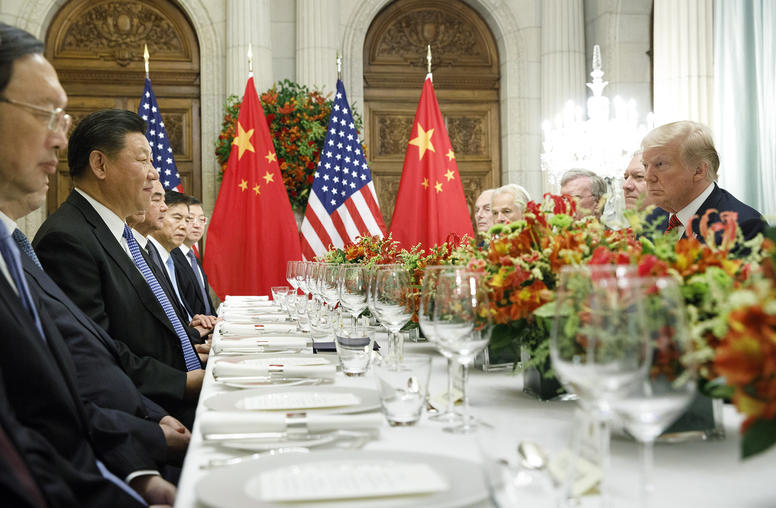
As U.S.-China Ties Slide, Trump and Xi Look to Bridge Divide
President Trump and Chinese President Xi Jinping are set to have an “extended meeting” on the sidelines of the G20 summit in Japan this week. The summit comes amid an escalating trade dispute and a recent U.S. decision to ban five Chinese tech companies from buying U.S. equipment without government approval. Beyond trade and technology issues, Trump and Xi are expected to discuss nuclear negotiations with North Korea—following Xi’s meeting last week with North Korea’s Kim Jong Un—and increased U.S.-Iran tensions. USIP’s Patricia Kim and Jacob Stokes analyze how the trade dispute has impacted the bilateral relationship and prospects for cooperation between Washington and Beijing.

India and China Come to Blows in the Himalayas
In early May, a fistfight broke out between Chinese and Indian soldiers along the disputed border between the world’s two most populous, nuclear-armed nations. A few days later, Chinese soldiers confronted Indian soldiers at several other points along the Line of Actual Control (LAC), which has served as the de facto border between the two countries since the 1962 Sino-Indian war. Both countries have more recently ramped up their military presence in the region. This escalation of tensions comes as China has turned increasingly assertive in its neighborhood, and as the world grapples with the COVID-19 pandemic. USIP’s Vikram J. Singh, Jacob Stokes, and Tamanna Salikuddin look at the causes behind the flare-up and its potential consequences.
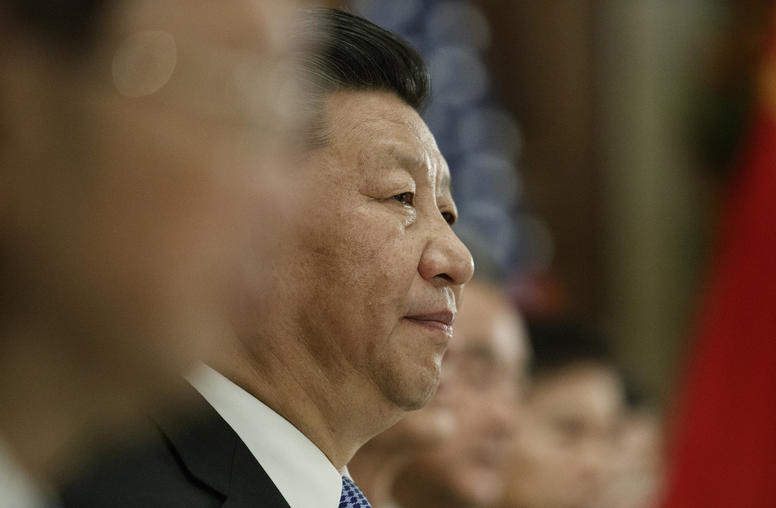
China’s Periphery Diplomacy: Implications for Peace and Security in Asia
China’s foreign policy is expanding in scope and depth and now reaches across the globe. Yet its diplomatic efforts focus on its own complex neighborhood. To advance these interests, China’s leaders practice an interlocking set of foreign affairs activities they refer to as “periphery diplomacy.” This report details the main tools Beijing uses to engage the countries with which it shares borders, assesses the campaign’s effectiveness, and lays out the implications for peace and security in Asia.
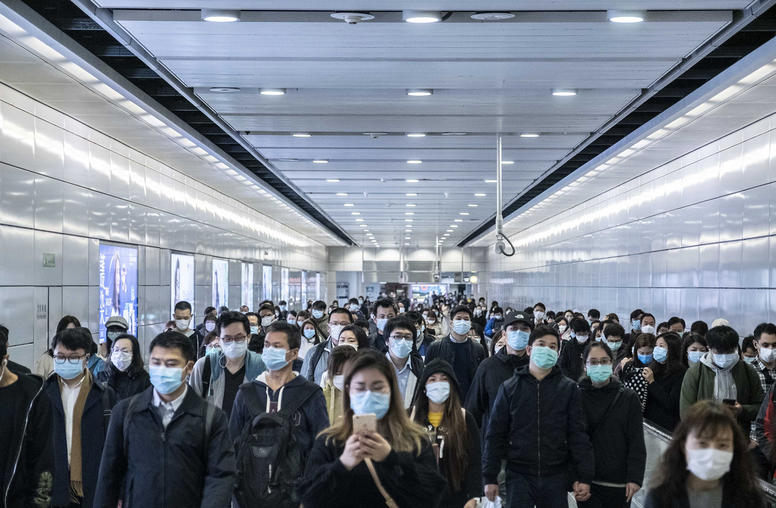
How the Coronavirus Impacts China and its Foreign Policy
China hit a grim landmark earlier this week when the death toll from the coronavirus outbreak surpassed 1,000 with over 40,000 recorded cases of infection—and those numbers are rising every day. The outbreak, which originated in Wuhan, China, has rattled global markets and catalyzed concern over a widespread epidemic beyond China’s borders. The suffering has been immense, and people in China and those with family or friends there are frightened about what’s next. Meanwhile, there are shortages of masks and supplies and hospitals are overrun, with rising anxiety due to travel restrictions and quarantine policies.
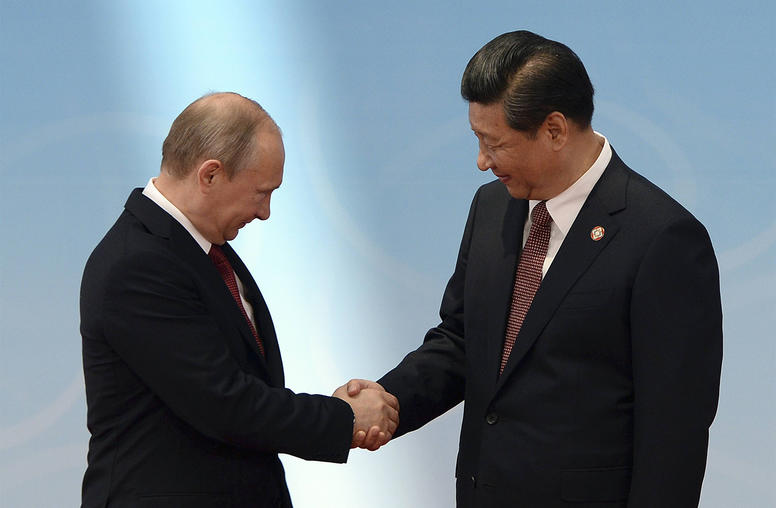
In Global Hotspots, China and Russia are Stepping Up Coordination
Chinese President Xi Jinping and Russian President Vladimir Putin are in the middle of a rapid-fire series of bilateral meetings. Beijing and Moscow’s relationship spans a number of areas including energy, defense, infrastructure, trade, and finance. A shared sense of geopolitical competition with the United States over issues ranging from nuclear weapons to sanctions to human rights propels bilateral ties as well.
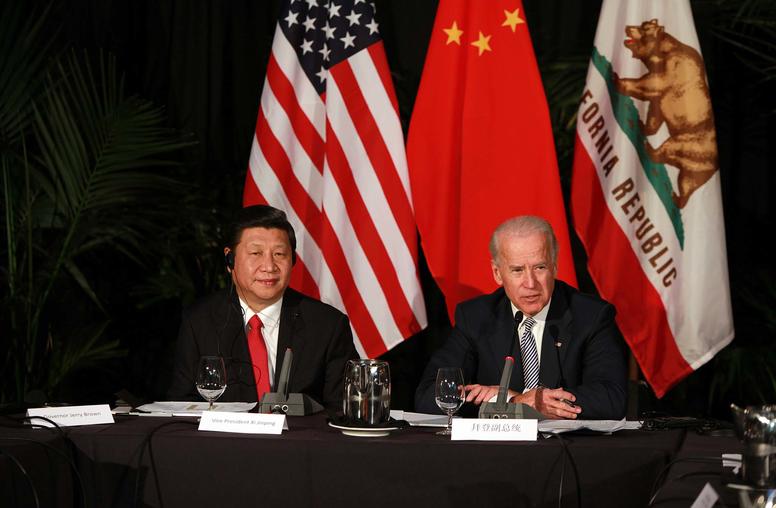
Six Challenges for the Biden Administration’s China Policy
Last week, President Biden held a call with General Secretary Xi Jinping, China’s paramount leader. They reportedly talked for more than two hours, a length that, combined with the call readouts, suggests a weighty and potentially heated conversation. Ties between Washington and Beijing have become strained in recent years as the world’s two biggest powers locked horns over geopolitics, technology, economics, and values. Bilateral relations have entered a new and more difficult phase—even as the global environment is characterized by many pressing issues that would benefit from cooperative efforts to address them. In this context, U.S. policymakers will face six major challenges in dealing with China.